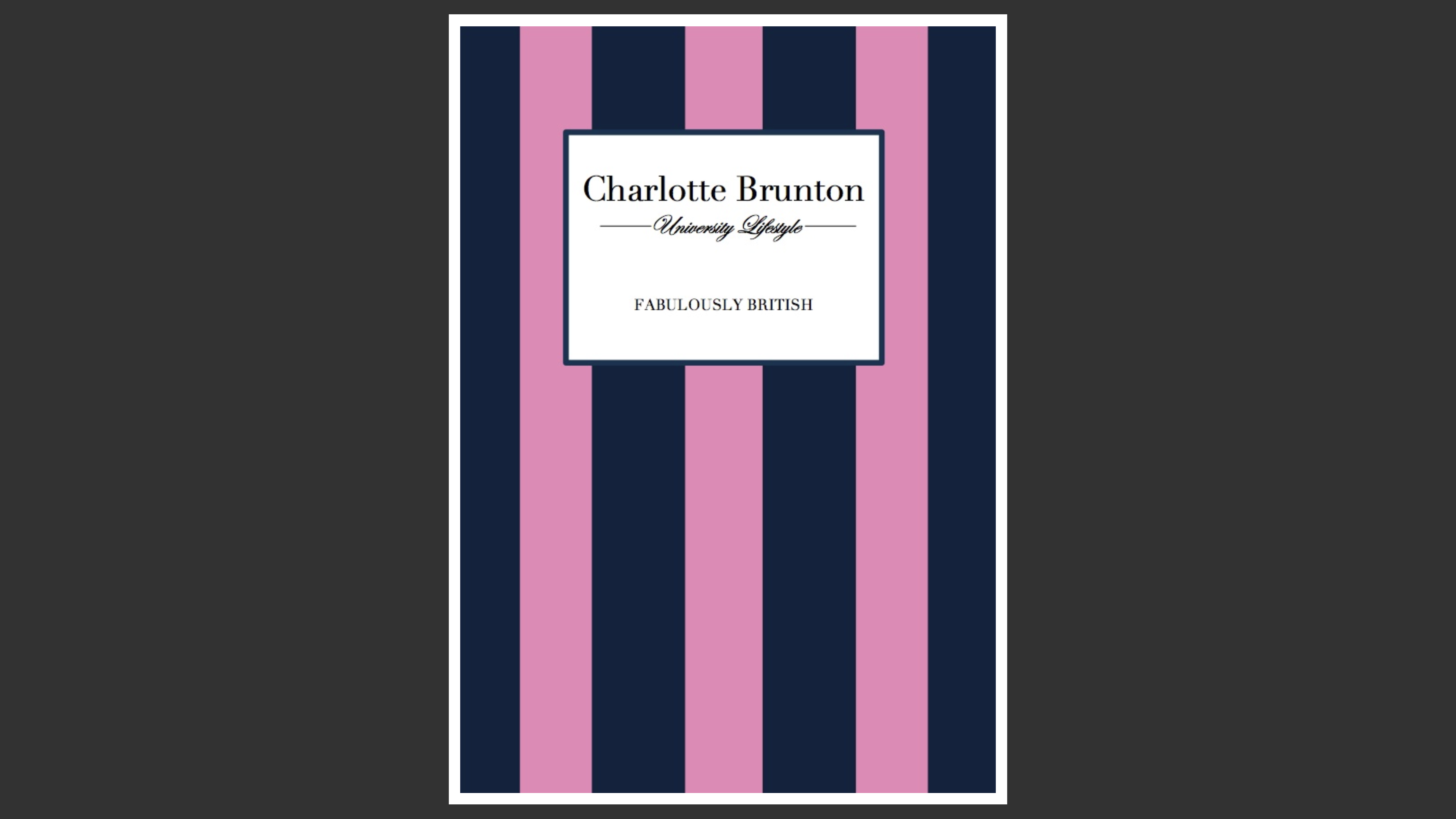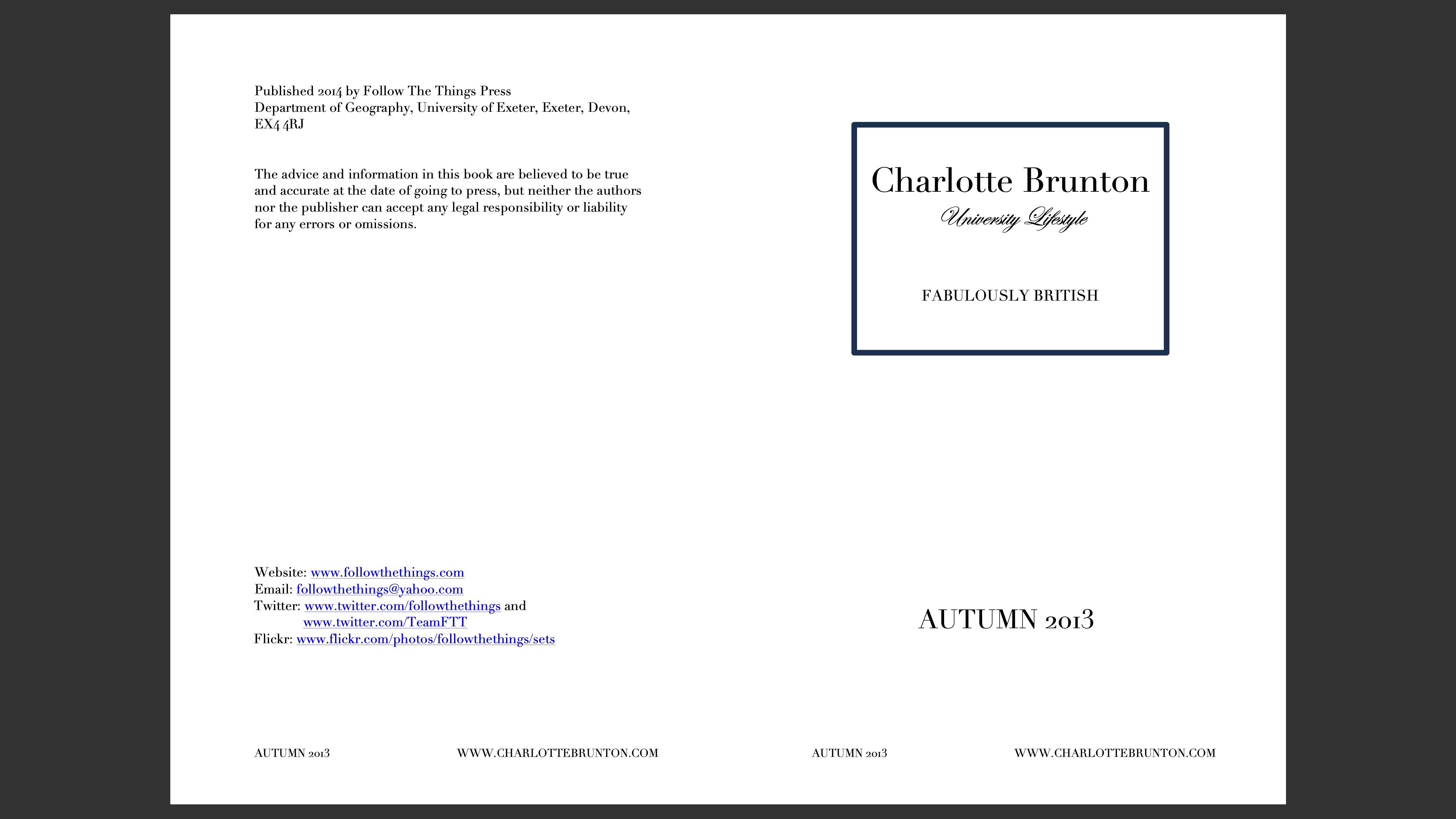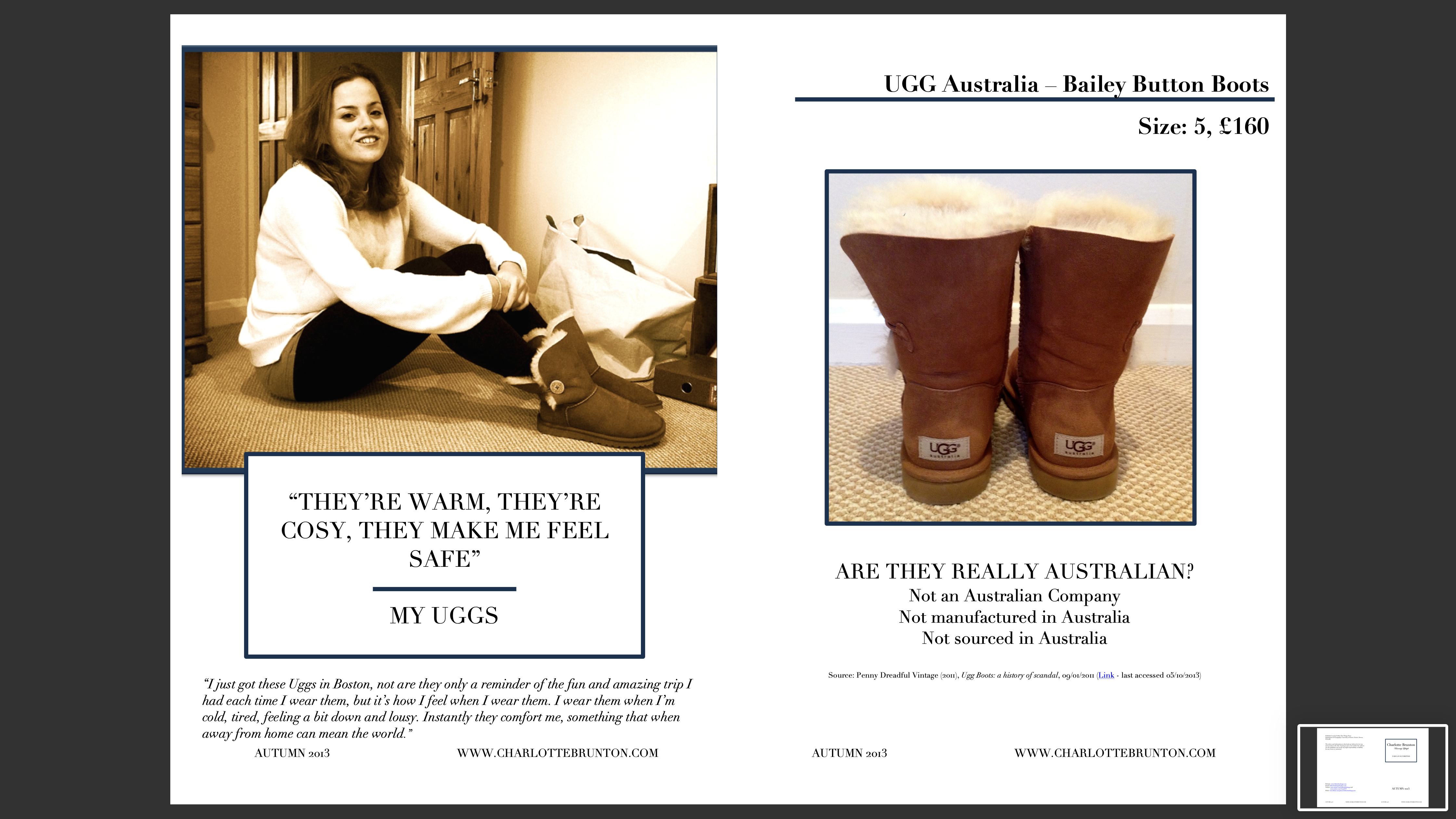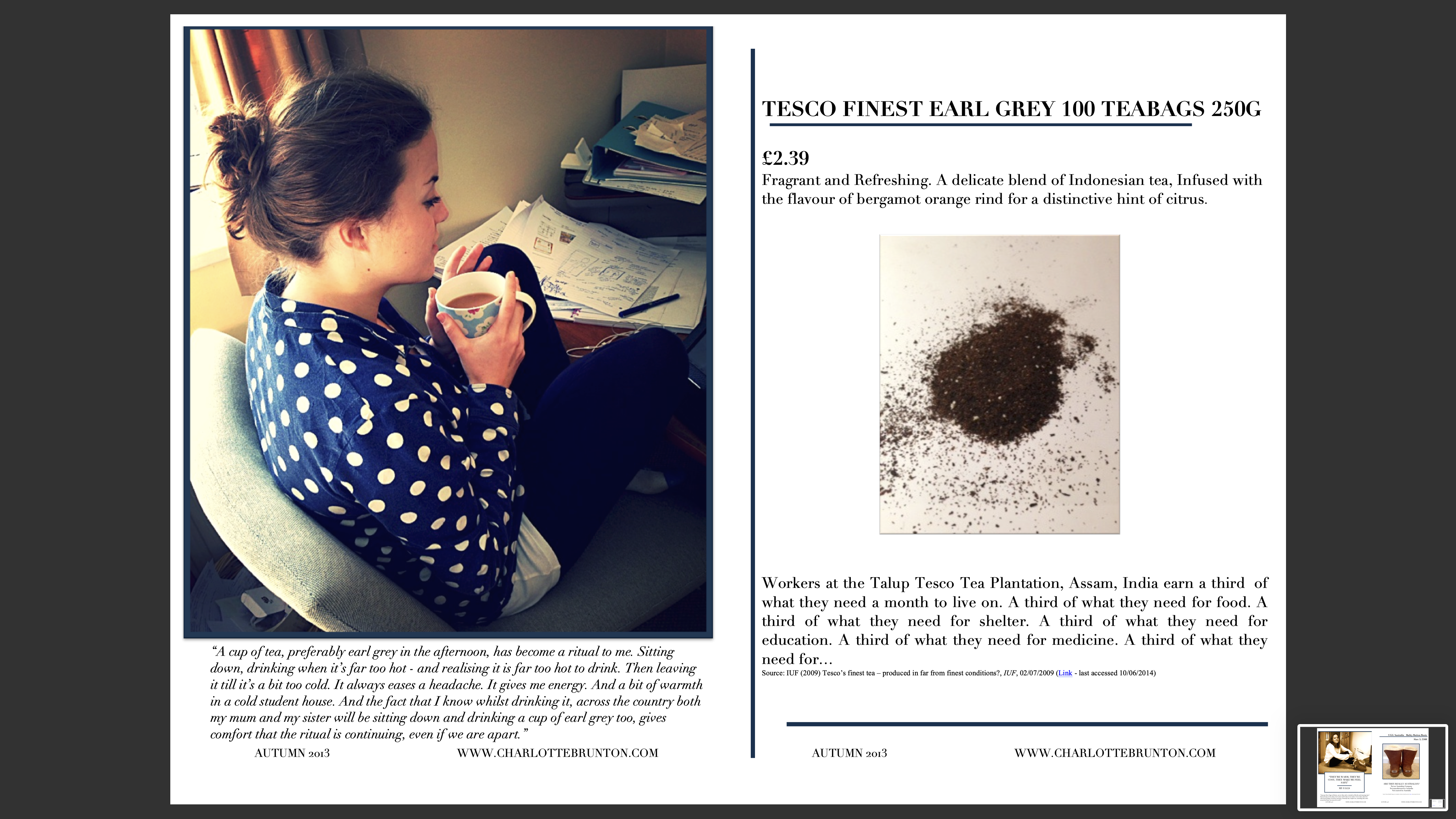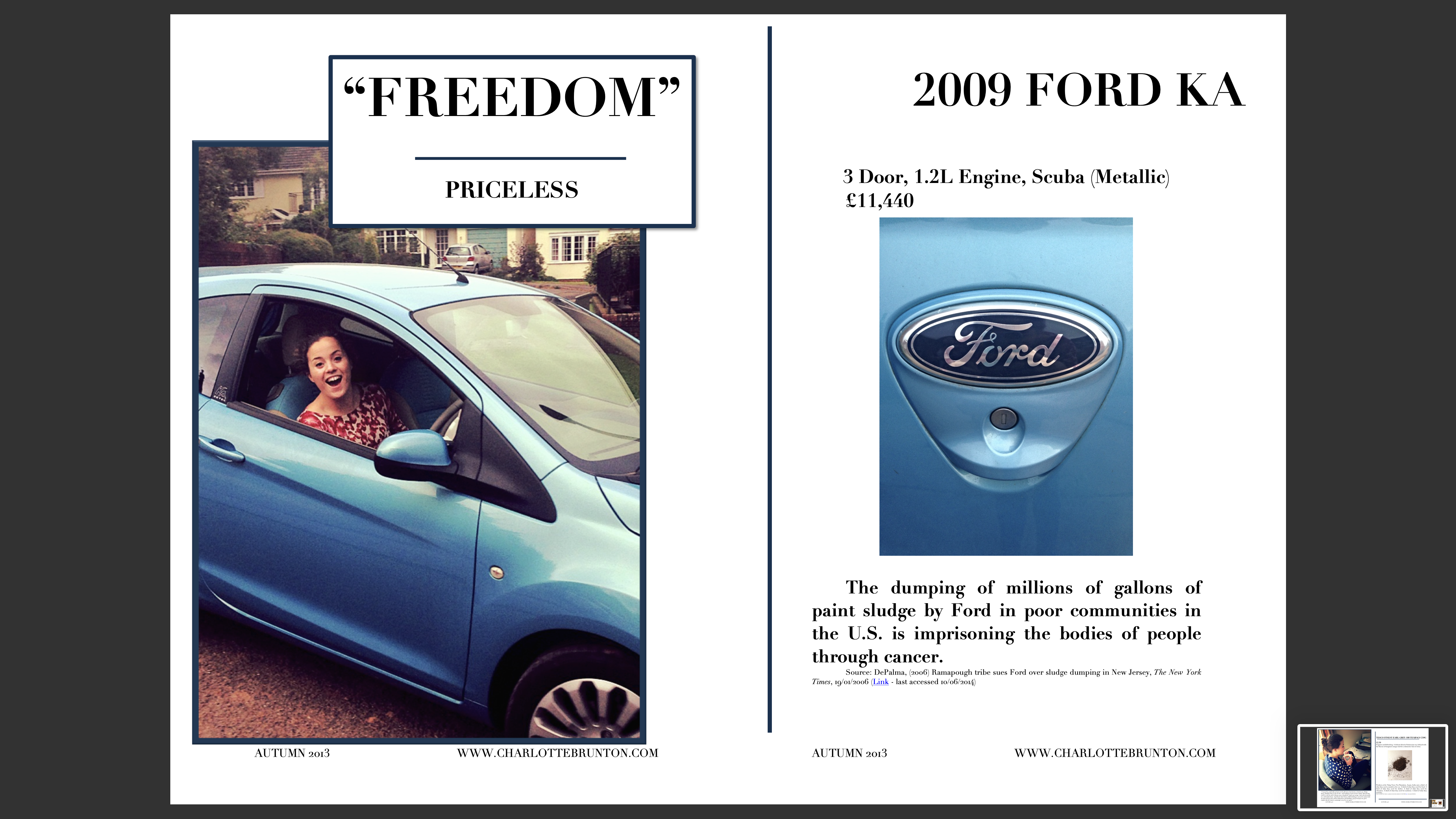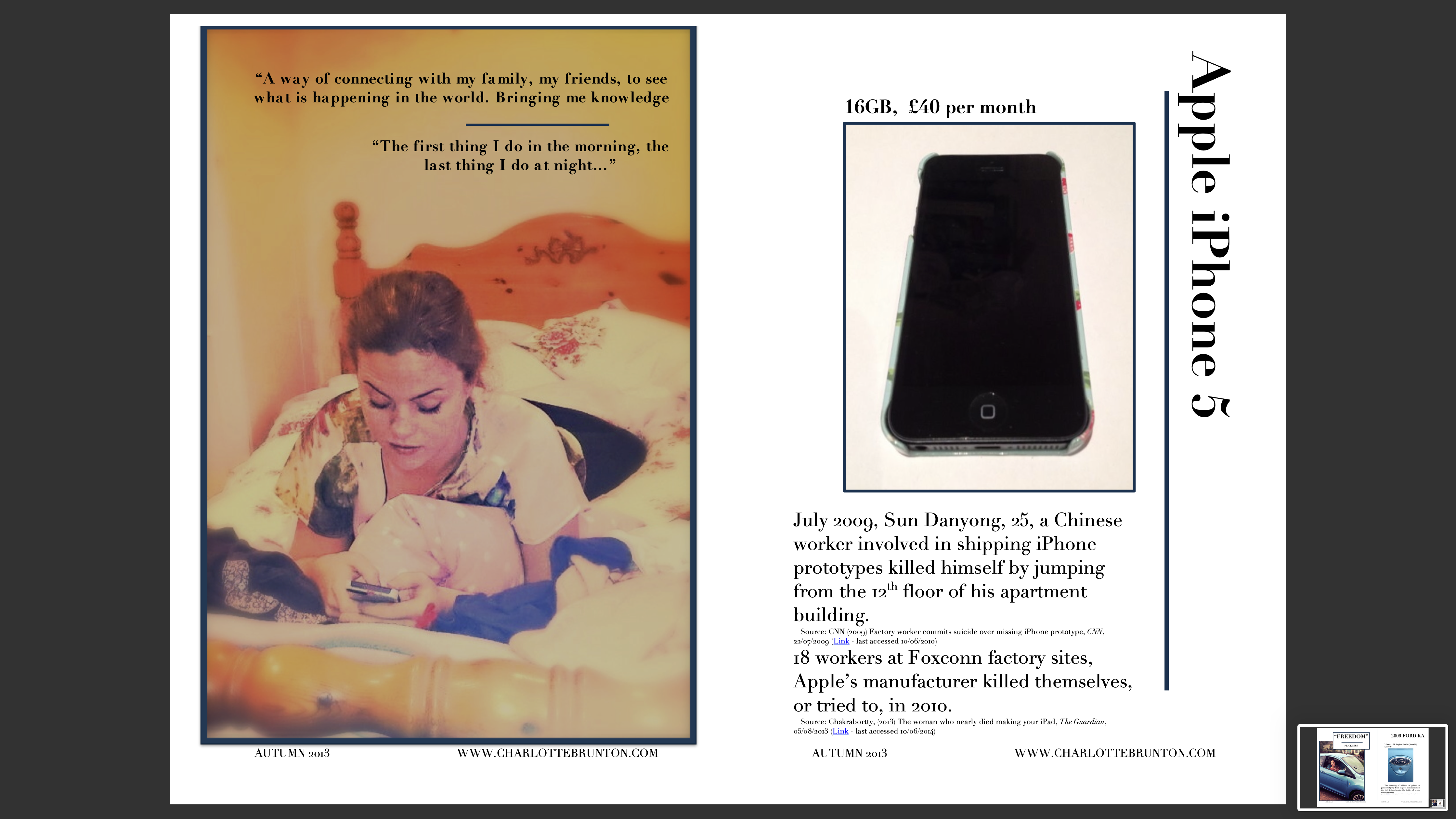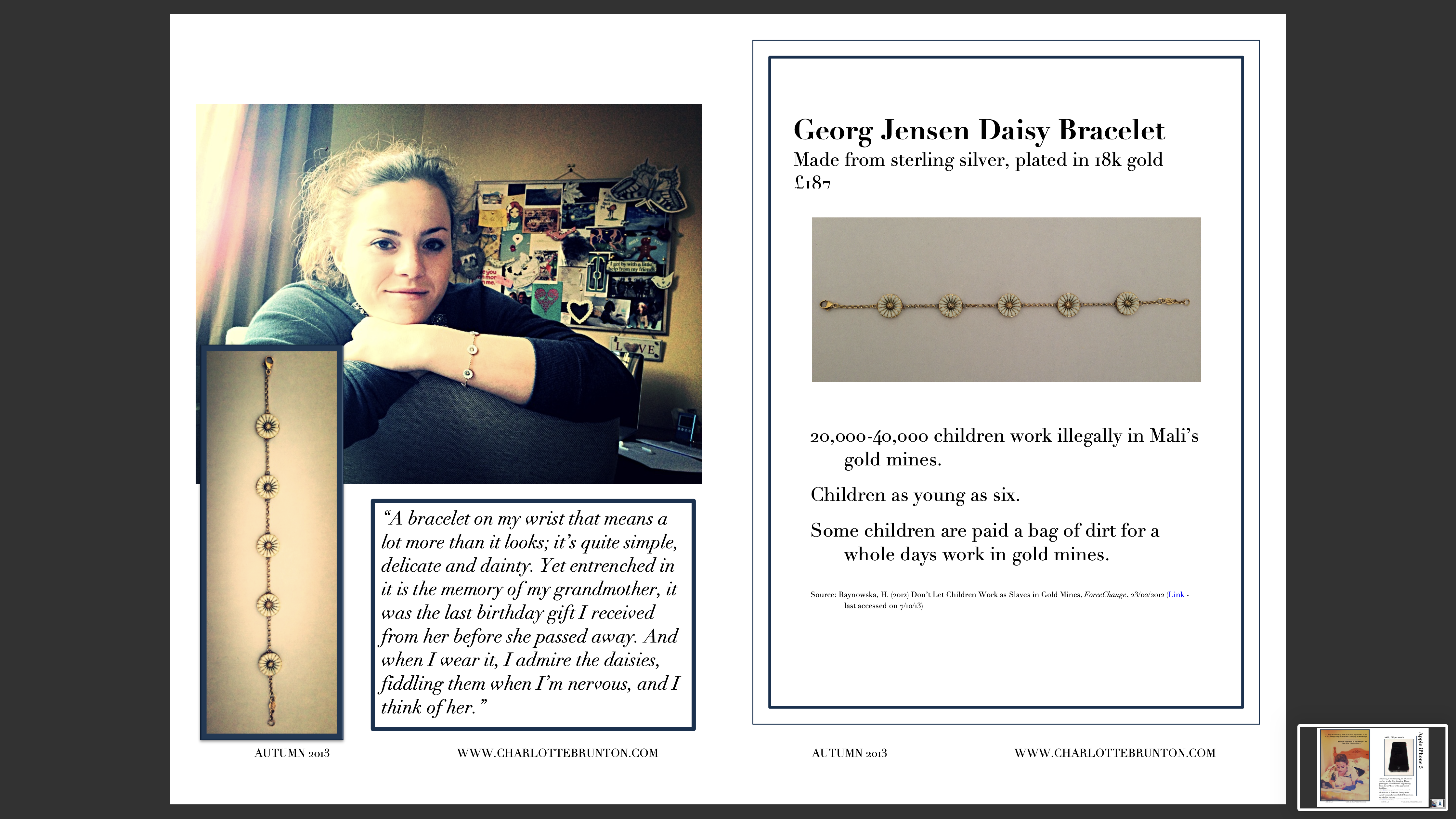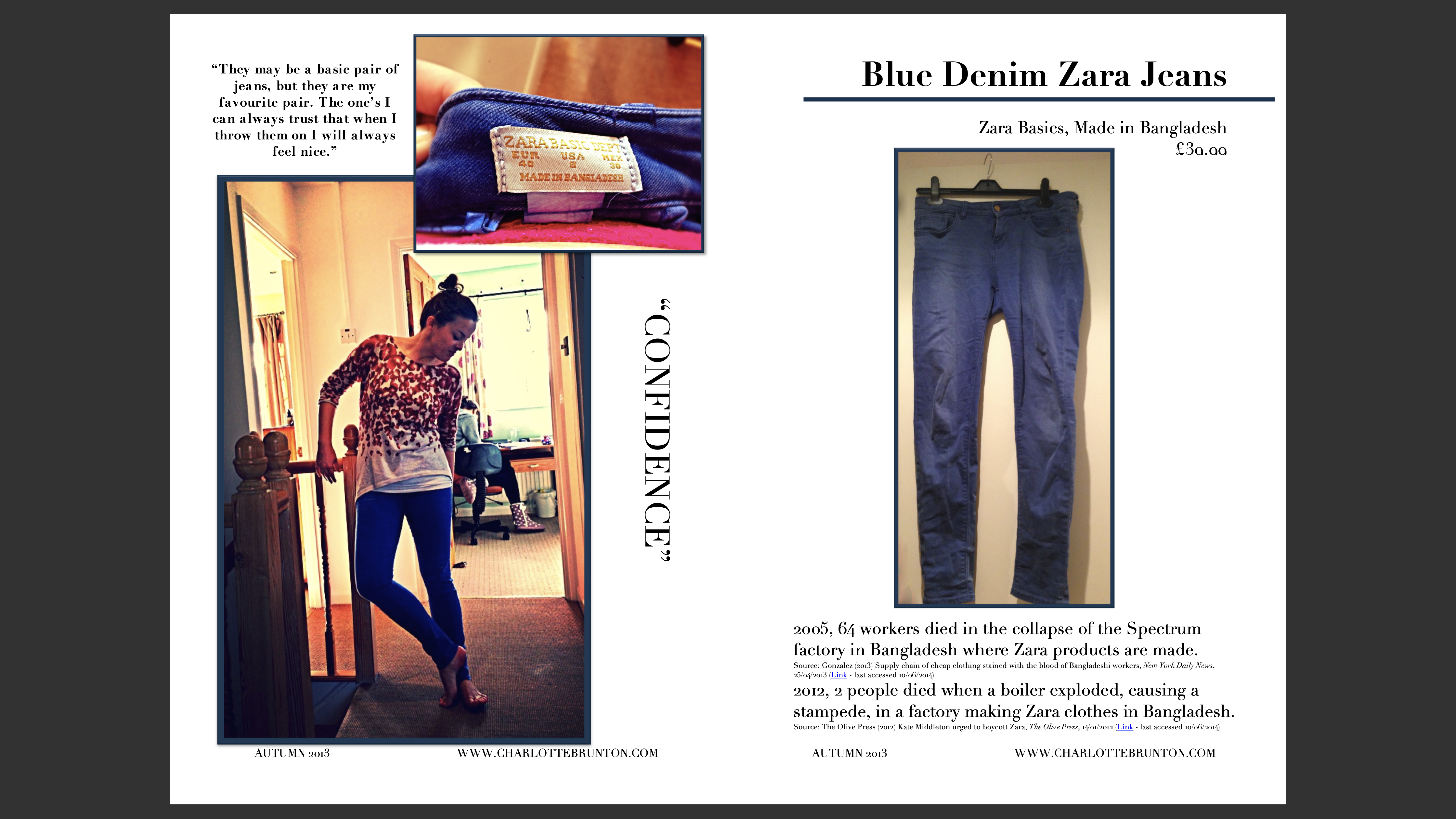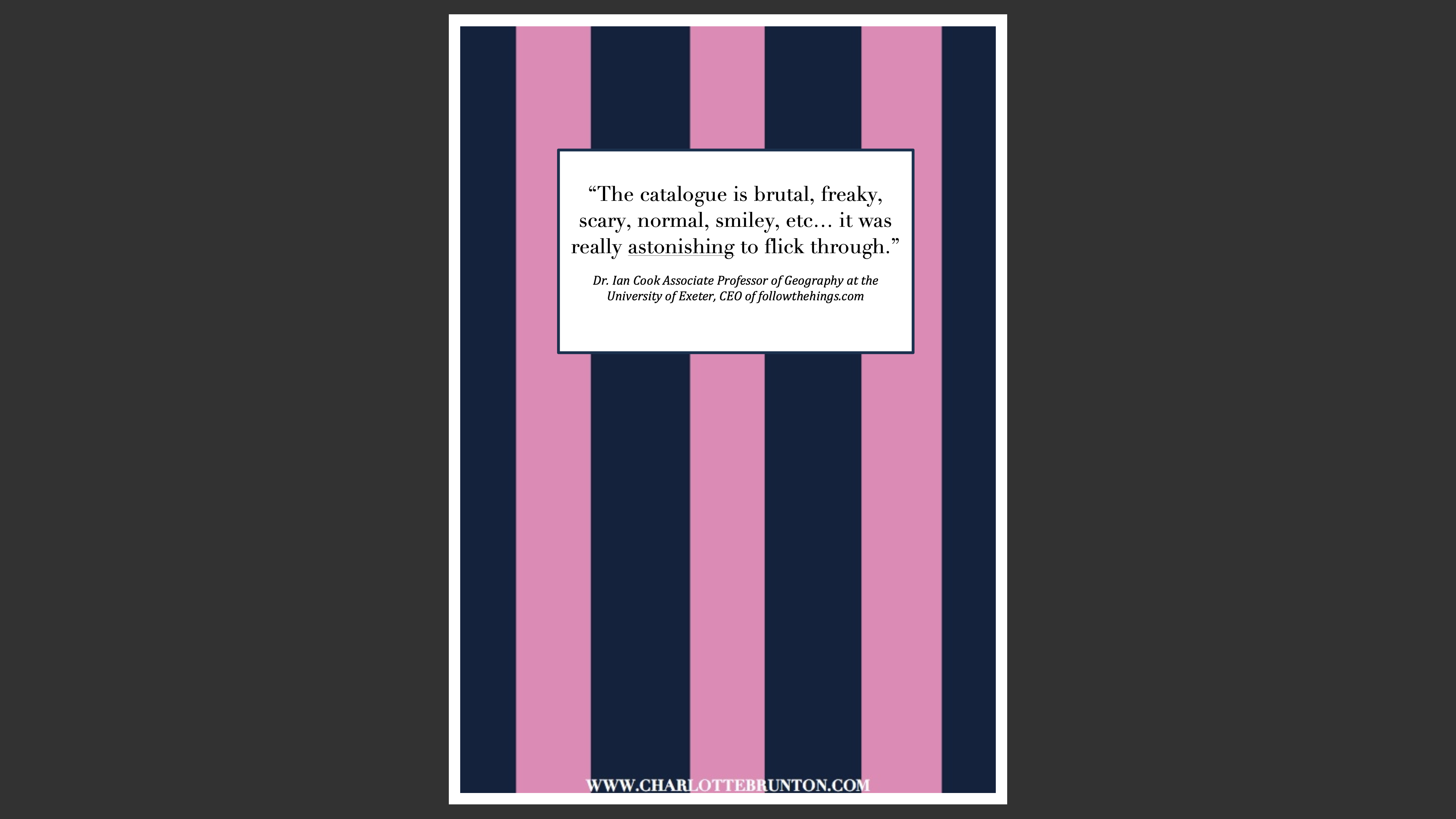
followthethings.com
Fashion
“Where Am I Wearing? A Global Tour To The Countries, Factories, and People that Make Our Clothes“
A non-fiction book written by Kelsey Timmerman and published by Wiley.
Google Books preview embedded above.
Self confessed ‘All-American Guy’ Kelsey Timmerman is curious about the ‘Made in…’ tags in his favourite clothes. He wants to go to those countries and meet the people who made them for him. So he sets off around the world to meets workers in each place. But he doesn’t work alongside them or quiz them about their pay and conditions. He wants to get to know them as people. So, in Bangladesh, they go bowling together. In Cambodia, they ride a roller-coaster. He wants to appreciate how globalisation isn’t abstract, but it happens to regular (if impoverished) people. He’s not trying to ‘nail’ a corporation. He doesn’t have strong moral views. He sees himself as an innocent abroad, a ‘touron’ (tourist + moron). Readers say this social justice meets crazy road trip book is friendly, funny, easy to read and not at all preachy. Some say everyone should go on a trip like this to appreciate who made their stuff too. What Timmerman has written either naively skims over, or brilliantly introduces, complex trade (in)justice debates. Maybe this is the best way introduce new readers to these debates? Does an example of trade justice activism have to include everything? Where do you start?
Page reference: Emma Baker, Eleanor Bird, Gemma Crease, Imogen Crookes and Coralie Sucker (2012) Where Am I Wearing? followthethings.com/where-am-i-wearing.shtml (last accessed: <insert date here>)
Estimated reading time: 54 minutes.
Continue reading Where Am I Wearing? ![]()

